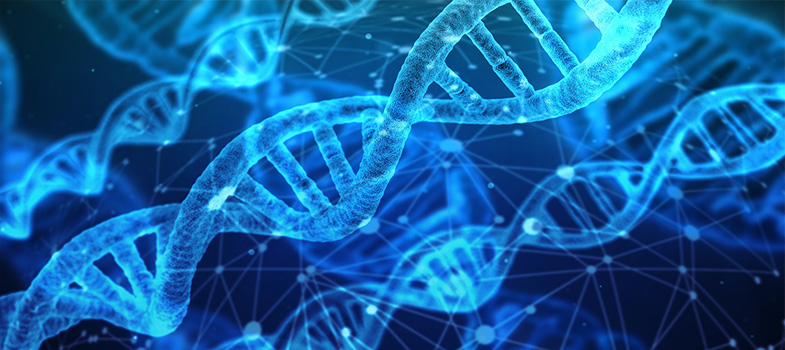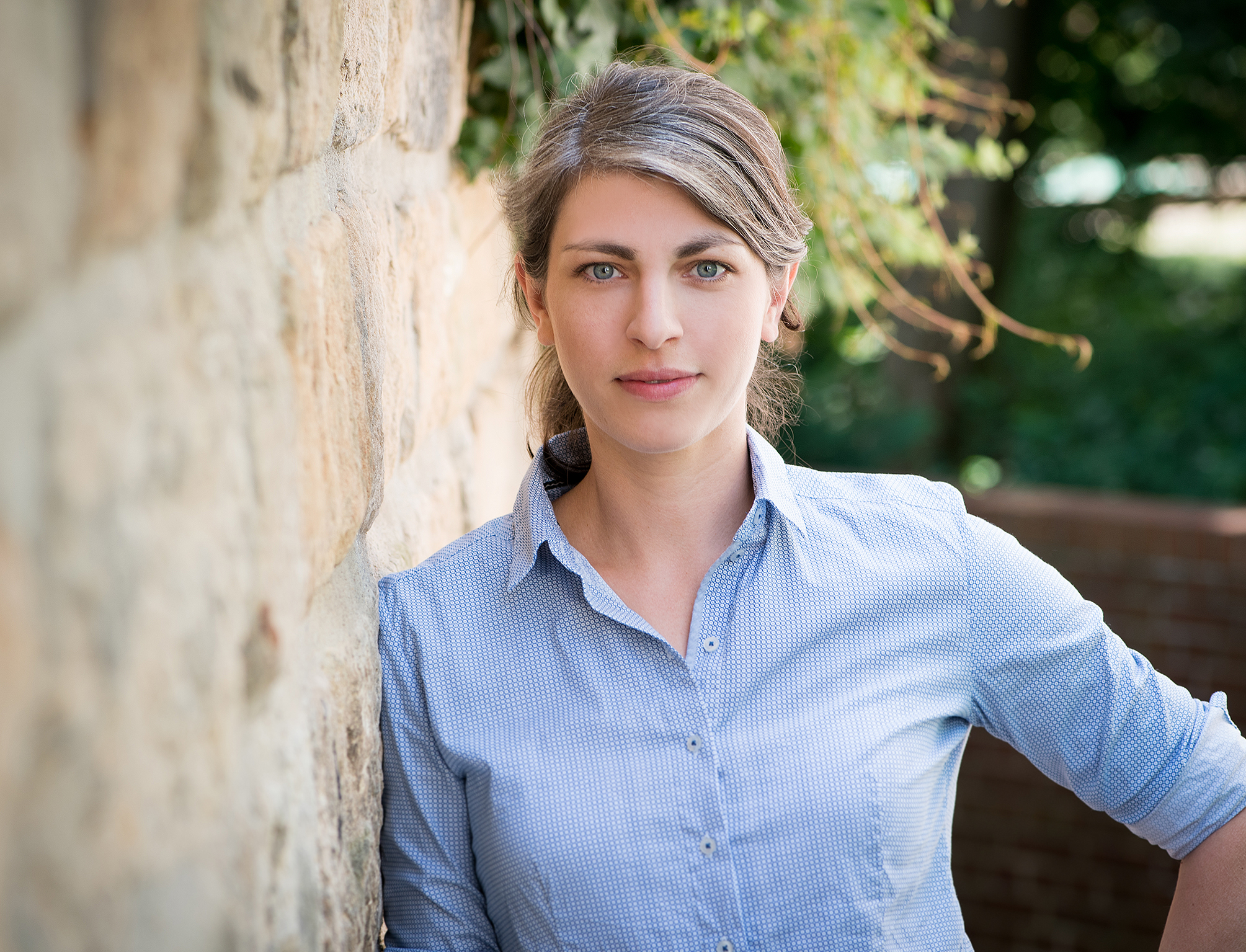Welcome, please introduce yourself!
 Create a personal profile in our course group page:
Create a personal profile in our course group page:
 This is how it works:
This is how it works:
- Add a new entry to this course group page to create a profile. Type your name in the 'concept' field.
- Add some information about yourself in the description field. Let us know who you are, what you like and what brought you here!
- If you like you can add a profile picture or a short videoclip.
- And don't forget to tell us what open science animal you are!
- If you want, you can add comments to your peers' profiles. Or say 'hello!'
Let's create a word cloud together!
Tell us your discipline and see how many different disciplines are represented in this course!
A | B | C | D | E | F | G | H | I | J | K | L | M | N | O | P | Q | R | S | T | U | V | W | X | Y | Z | ALL
S |
|---|
Sam GrovesHi all. My Open Science animal is a Meerkat. When I am not being a meerkat, however, I am a third-year, undergraduate Psychology student studying at the University of Newcastle. Currently I am undertaking a placement year in a comparative neuroscience lab, with current project focuses being on both animal welfare assessment and also comparative models of Major Depressive Disorder. I was drawn to this course as I believe Open Science to be a crucial aspect of the future for psychology and other sciences alike, and hence I would love adopt its practices from as early in my career in science as I can! Here is my new ORCID: https://orcid.org/0000-0003-4030-6568 | |
Sara HansonI am an assistant professor at Colorado College. I teach and do research in the field of evolutionary genetics. This is my first MOOC course, and I am looking forward to learning open science practices! I am an open science mole. ORCID: https://orcid.org/0000-0001-7843-2565 | |
SashaInnovator | |
Stefan MuchaHi everybody, late to join you, I'm doing my PhD on the physiology of African weakly electric fishes, their behavior and their ecological background. My ORCID is https://orcid.org/0000-0001-9862-2497 | |
SubratHello, I am Subrat, from India. I am working for conservation of threatened fauna in India. I did masters in Wildlife Science. Currently, I am doing PhD on ecology of Gharial from Amity University. I believe that ease of networking with focus groups help work better to know and spread our work. | |
Subrat | |
Svenja SteinfelderHi All,
I am Svenja, a former scientist in immunoparasitology and now a meerkat eager to learn new things in all kind of science fields and sharing them with others. This is my Orcid ID: https://orcid.org/0000-0002-8469-4251 | |
For further information, take a look at our frequently asked questions which may give you the support you need.
If you have any concerns about anything on this site please get in contact with us here.

 Hi, I am Sabine
Hi, I am Sabine  https://orcid.org/0000-0001-5096-8851
https://orcid.org/0000-0001-5096-8851